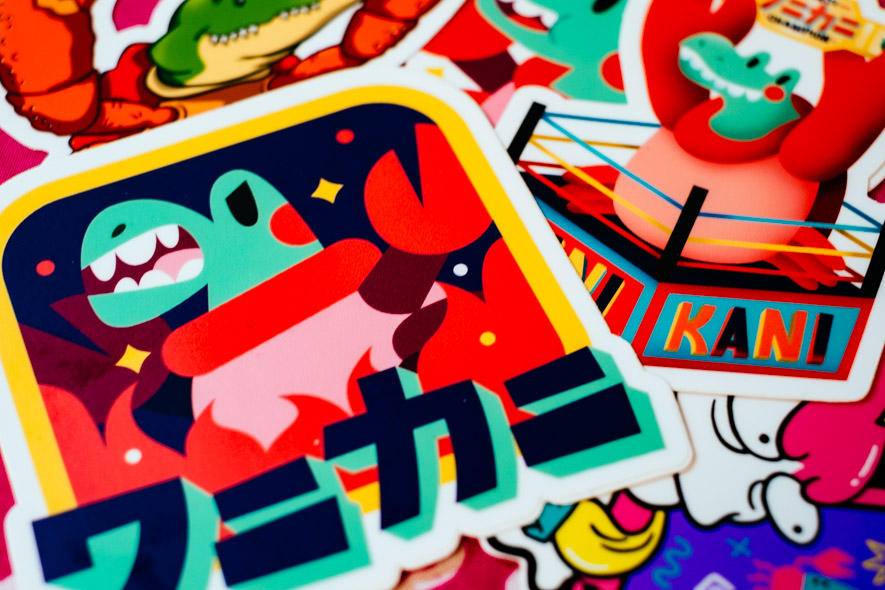I Love Japanese

Regarded as one of the most difficult languages to learn, I never thought I’d study Japanese. But as of today, the language has been part of my daily life for eight months. I thought it would be a hobby for a short time and then I’d get bored or too frustrated. As of now, I’ve learned hiragana (ひりがな), katakana (カタカナ) and a vast number of kanji (漢字) characters and vocabulary. I can carry basic conversations, write, type and even read a little. It’s a constant process but I absolutely love the language. I just take it a day at a time.
Similar to web development, there are a variety of resources available to learn Japanese online. I originally started with Duolingo and gravitated towards a paid subscription to Memrise. Both applications have pros and cons but I found Memrise to have more professional voice recordings. The negative aspect of both applications is that katakana and kanji are introduced prematurely. There needs to be more emphasis on kanji meanings if the characters are to be used.
To combat that issue, I started to learn kanji through WaniKani. The service teaches kanji and vocabulary through radicals and mnemonics. Unique in comparison to most Japanese language applications, WaniKani uses a spaced repetition system. Essentially, as a user progresses, there are increased intervals between material reviews. Overall, it’s a great resource that I highly recommend. The only downside is that a subscription is required once a user reaches a certain level.
I’ve also invested in a few computer games that focus on teaching Japanese. There’s a series called Learn Japanese to Survive, which has a standalone game for each of the three components of Japanese. The primary focus of each game is repetition of kana or kanji characters through battles. There’s even a bit of story and character development to keep the games interesting. I wouldn’t recommend using the games as a primary tool but for added aid or enjoyment.
Outside of digital applications, I also am nearly finished with book one of Japanese from Zero. The book offers a deep dive into hiragana, which has been an extremely useful asset to have. One of the authors, George Trombley, has an entire YouTube series to accommodate the material. I highly recommend the book to anyone interested in the Japanese language. As well, I also recommend kana flashcards from White Rabbit for vocabulary memorization.